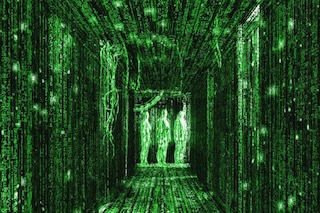The idea that we might be living in a computer simulation, often referred to as the 'matrix,' has gained popularity through science fiction and philosophical ponderings. But are there any grounds to believe that our reality isn't what it seems?
Arguments for Simulation Theory
One of the main arguments is the possibility of technological advancement. If future civilizations can create simulations so realistic that they are indistinguishable from reality, then statistically, the probability of us living in one of many such simulations might be quite high. Another argument involves certain 'glitches' in our reality that some people interpret as evidence of programming errors.
Arguments Against Simulation Theory
On the other hand, there are numerous arguments against this theory. Firstly, creating such a complex simulation would require unimaginable computational power that is currently unknown to us. Secondly, it's hard to imagine the motivation for creating such a simulation. Finally, Occam's razor suggests that the simplest explanation is often the correct one, and assuming a complex simulation is less simple than assuming a real physical reality.
Philosophical Implications
If we do live in a simulation, it would have profound philosophical implications for our understanding of reality, consciousness, and the meaning of life. Do our actions in a simulation matter? Who is the creator of this simulation, and for what purpose?
What do you think? Do you believe we live in the matrix? Share your thoughts in the comments!
